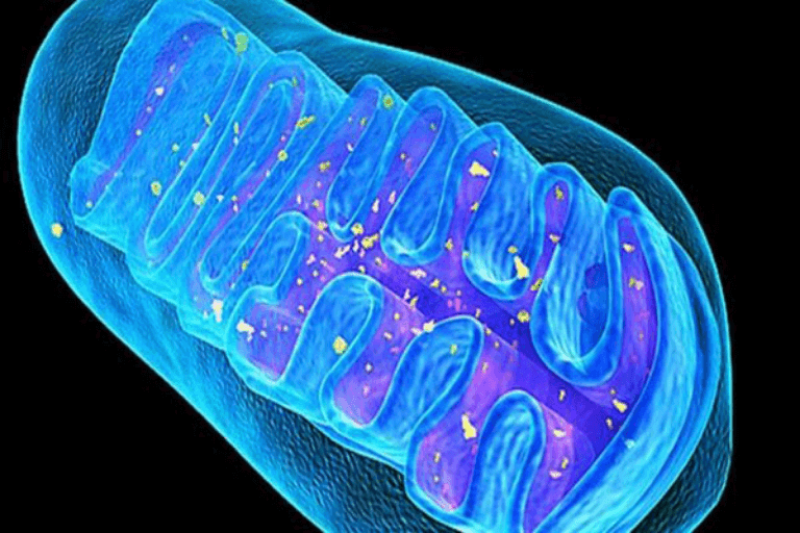Alzheimer’s disease is the most common form of dementia and neurodegeneration worldwide. A major hallmark of the disease is the accumulation of toxic plaques in the brain, formed by the abnormal aggregation of a protein called beta-amyloid inside neurons.
…
Johan Auwerx’s lab at EPFL looked at mitochondria, which are the energy-producing powerhouses of cells, and thus central in metabolism. Using worms and mice as models, they discovered that boosting mitochondria defends against a particular form of protein stress, enables them to not only protect themselves, but to also reduce the formation of amyloid plaques.
…
The scientists identified two mechanisms that control the quality of mitochondria: First, the “mitochondrial unfolded protein response” (UPRmt), which protects mitochondria from stress stimuli. Second, mitophagy, a process that recycles defective mitochondria. Both these mechanisms are the key to delaying or preventing excessive mitochondrial damage during disease.
…
[T]ackling Alzheimer’s through mitochondria could make all the difference. “So far, Alzheimer’s disease has been considered to be mostly the consequence of the accumulation of amyloid plaques in the brain,” he says. “We have shown that restoring mitochondrial health reduces plaque formation – but, above all, it also improves brain function, which is the ultimate objective of all Alzheimer’s researchers and patients.”[The original study can be found here (behind paywall)]
Read full, original post: Healthy Mitochondria Could Stop Alzheimer’s































